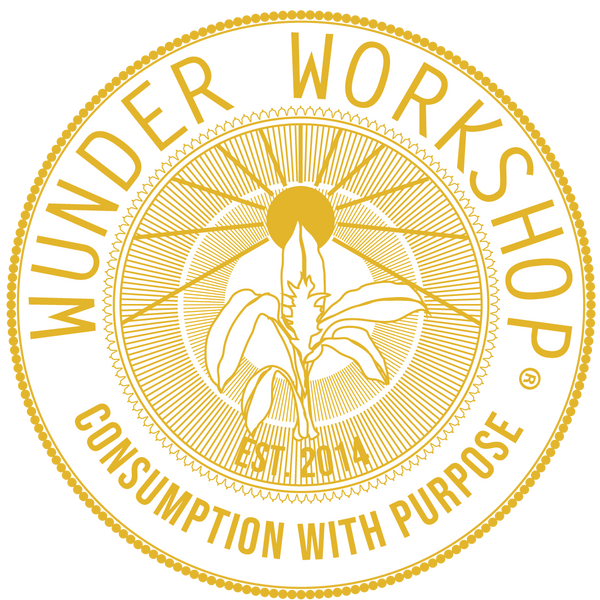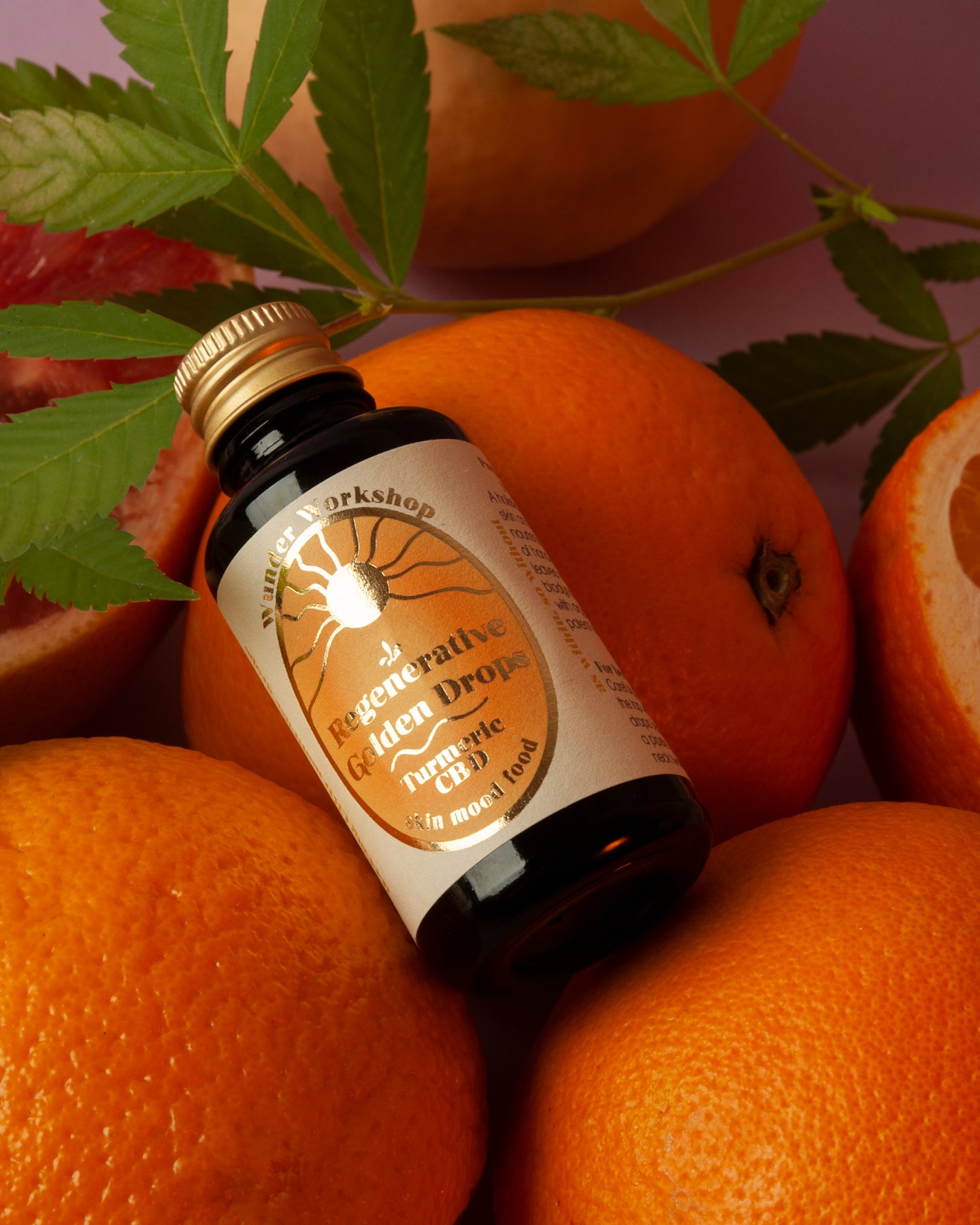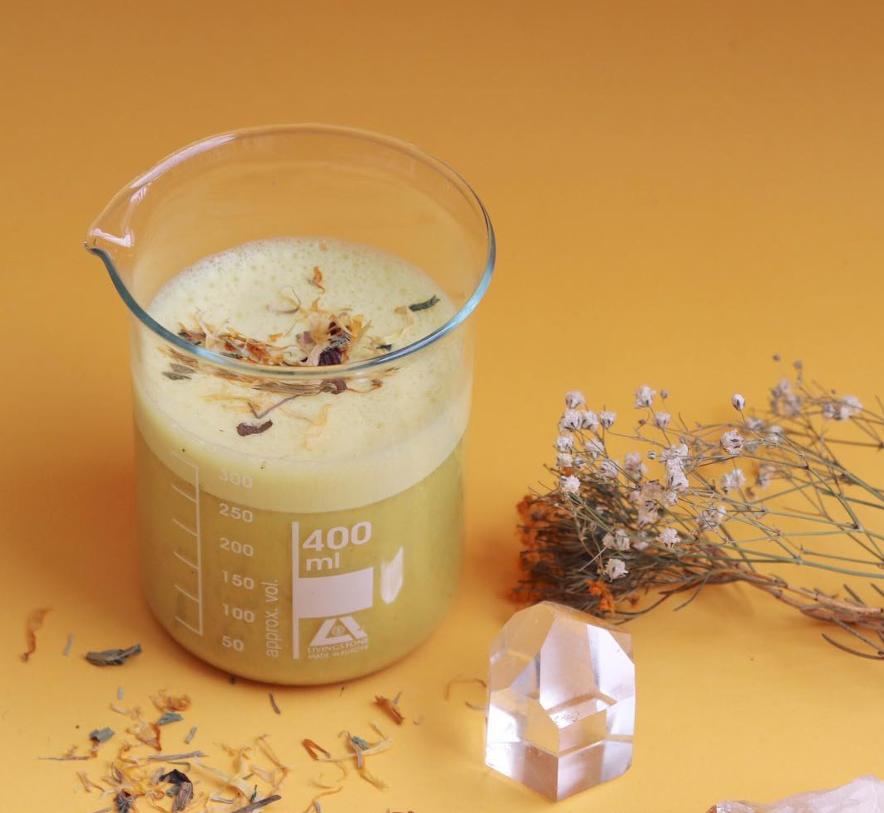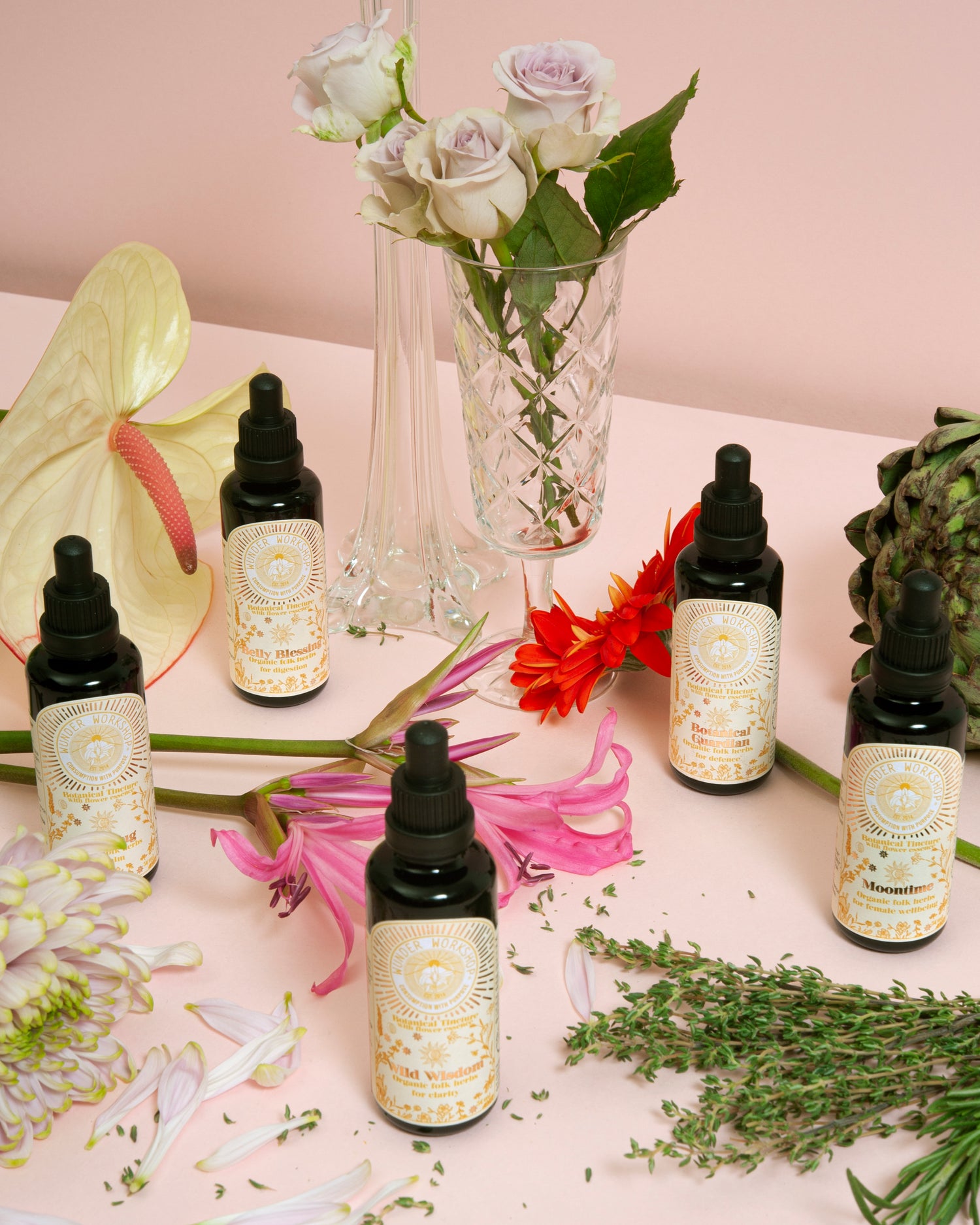 Today is the start of COP26, the United Nations Climate Change Conference, a pivotal event which we have a mixture of feelings about. When I was doing my Master’s degree in International Relations, with a focus on Climate Change 10 years ago, I focused on the diminishing voice of grass-root organisations within the IPCC and COPs over the last decades and how it is not an inclusive gathering. Even then it was clear that those who are affected the most by climate change are left on the periphery of the debate. The voices of the Global South were not being heard and today they still carry less weight than those of the Global North. The discourse that truly matters is usually only taking place in the shade of the performative action by those in power.
Today is the start of COP26, the United Nations Climate Change Conference, a pivotal event which we have a mixture of feelings about. When I was doing my Master’s degree in International Relations, with a focus on Climate Change 10 years ago, I focused on the diminishing voice of grass-root organisations within the IPCC and COPs over the last decades and how it is not an inclusive gathering. Even then it was clear that those who are affected the most by climate change are left on the periphery of the debate. The voices of the Global South were not being heard and today they still carry less weight than those of the Global North. The discourse that truly matters is usually only taking place in the shade of the performative action by those in power.
Rachael Osgood, director of immigration at Cop26 Coalition, said:
“This event, because of multiple combining factors, most of which fall under the responsibility of government, is set to be the most elite and exclusionary Cop ever held.”
“We are looking at global north countries making decisions with minimal accountability to those least responsible and most affected, and that goes against everything Cop should stand for.”
I know this sounds very pessimistic, but after the failure of both the COP in Copenhagen and Madrid, we see it more as a realistic and encouraging view that we cannot rely on those in power and big business, but instead we feel excitement about what is happening on the periphery, namely a collective journey in changemaking.
It’s a pivotal time to create awareness and a dialogue amongst us who truly care for the world to be a better place, and not put all our hope onto those in power.
We are still living in a world embedded in overconsumption, dominated by corporate interests with a touch of greenwashing, so it can be incredibly hard as a caring consumer to fully understand who and what to support.
For us, it is a timely reminder to focus on the importance of holding true connection and unity to each other and the world within and around us.
We need to celebrate the small-holder farmers that are producing nearly 34 percent of word’s food, despite challenges, including poverty and lack of access to resources such as technology and finance, yet they continue out of necessity and passion to create food in tune with nature and people. Without such small-holder farmers, Wunder Workshop wouldn’t exist. We wouldn’t want to exist if it wasn’t for their passion that inspired us to create a brand out of ingredients that are grown in tune with the environment and the farmers and the communities’ wellbeing. Every time we visit them, they sadly tell us stories about the likes of Monsanto knocking on their doors with branded umbrellas and other gifts to persuade them to stop growing food in the way they learned from their ancestors and to buy their seeds instead and be hooked on their system forever. It takes a powerful, compassionate, and grounded human to say no to these offers of higher yields and larger income. It’s those we need to protect and continue to support, as they are directly at the source making the key decisions that impact all of us humans and nature.
We are facing the persistent narrative of separation and division, yet there is a breath of fresh, powerful air that is pushing away these old paradigms and creating a space for the regenerative voices to be heard too. Only until recently in the mainstream media’s narrative nature, biodiversity, climate and human well-being were treated as separate issues needing separate solutions. Moving away from that notion is a powerful and important first step. As only when we understand the interconnectedness we can move forward collectively and heal.
Looking in nature for solutions and taking a holistic approach that treats all of them as part of the same system is fundamental. When they are treated separately by planting thousands of trees to sequester carbon, for example, yet only planting one species, it is detrimental and leads to massive biodiversity loss in both flora and fauna.
For us it’s fundamental to stand in authenticity, to learn from, and celebrate the wisdom keepers of Mother Nature, and these are precisely those we have the opportunity to support by making conscious choices daily. Of course, it’s unhelpful to look at consumer choices in isolation, but it’s also a form of political and economic power: purchasers have the ability to choose what aligns with their values. Companies listen to their customers, so make sure your voice is heard. Beyond consumer choices, we also need to educate ourselves and thus speak up and vote for what truly represents a better world.
We see many positive movements that bring us hope. Hope that is needed when the mission of climate change can feel overwhelming. We see indigenous peoples coming together to have a seat at the table at COP26, brought together by Minga Indigena, the thousands of children, religious and non-religious groups, uniting to make their voices heard. These voices are the now, but they are also the future.
Here are some of our favourite books, people and organisations that we have and continue to learn from:
- Nina Gualinga – fighting for justice for indigenous land and people
- Green Dreamer Kamea - activist for biocultural diversity & regenerative healing
- Advaya - a global platform for transformative education
- EcoResolution - unpicking the relationship between individual, collective and systemic change.
- Atmos – magazine for climate and culture, inspired by nature
- Jane Goodall - ethologist and conservationist
- Vandana Shiva – an inspiring powerful woman fighting for earth democracy
- Local Futures – a beautiful initiative by Helena Norberg-Hodge, where I did my first work experience 13 years ago
- Hawkwood College - a place to grow
- Also, we will be tuning in with George Monbiot on Cop26 TV where they are giving a daily platform to voices of the Global South and expressing their reasons to why 2050 is too late as a target.
Some beautiful books to be inspired by (please buy them at your local bookstore if you can):
- The Good Ancestor by Roman Krznaric
- Regenerative Leadership by Giles Hutchins
- Small is beautiful by E. F. Schumacher
- Soil Soul Society by Satish Kumar
- Braiding Sweetgrass by Robin Wall Kimmerer
In hope and love, Zoe (co-founder Wunder Workshop)









